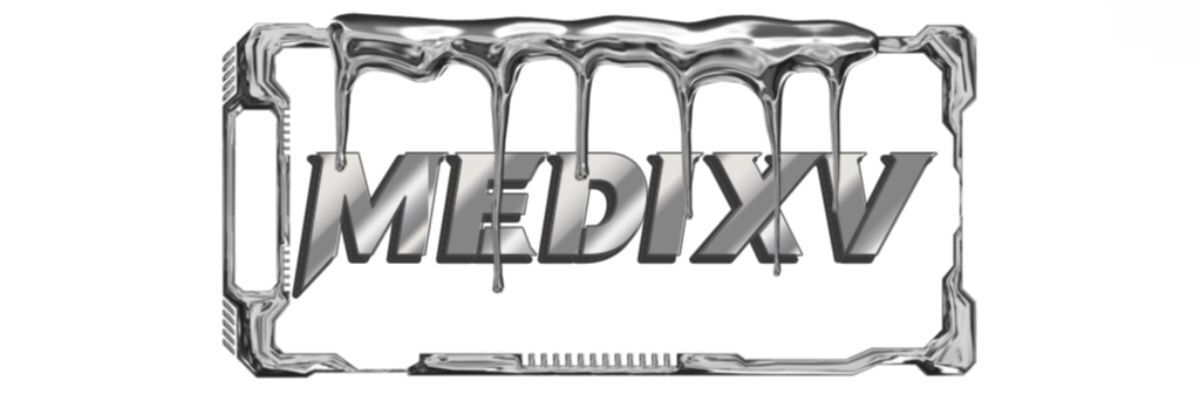what is nitrogen trifluoride used for
What is Nitrogen Trifluoride Used For?
In the world of chemistry, certain compounds play crucial roles in various industries. One such compound that often flies under the radar is nitrogen trifluoride (NF3). While you may not hear about it every day, understanding its applications can give you fascinating insights into modern technology and environmental considerations. So, what is nitrogen trifluoride used for? Let’s explore its functionalities and importance across different sectors.
For more information, please visit what is nitrogen trifluoride used for.
What is Nitrogen Trifluoride?
Nitrogen trifluoride is a colorless gas with a slightly sweet odor. It is composed of one nitrogen atom and three fluorine atoms. Although it isn’t as well-known as other chemical compounds, nitrogen trifluoride has several important uses due to its unique properties.
Industrial Applications
One of the primary uses of nitrogen trifluoride is in the semiconductor manufacturing industry. As technology advances, the need for smaller, more powerful electronic devices grows. NF3 is used to clean the chemical vapor deposition equipment, which is crucial for ensuring the production of high-quality semiconductor materials. This cleaning process enhances the efficiency and lifespan of the equipment, ultimately leading to improved electronic devices.
Greenhouse Gas Concerns
Interestingly, while nitrogen trifluoride is essential in various manufacturing processes, it is also a potent greenhouse gas. It has a global warming potential that can be thousands of times stronger than carbon dioxide over a hundred-year period. Because of this, industries must manage and mitigate its emissions to align with environmental regulations and commitments to reduce climate change impacts. This dual role makes NF3 a subject of interest in both chemical engineering and environmental science.
Cleaning and Maintenance
Beyond its primary roles in manufacturing, nitrogen trifluoride plays a significant part in cleaning and maintenance operations. It is used to remove unwanted materials from surfaces in various industries by breaking down contaminants that traditional cleaning agents might struggle with. For example, NF3 is used to clean glass surfaces in the production of flat-panel displays for televisions and computer monitors.
Research and Innovation
Researchers are continually exploring additional uses for nitrogen trifluoride. Its unique chemical properties have sparked interest in potential applications in fields such as pharmaceuticals and materials science. As innovations progress, nitrogen trifluoride could find new roles that promote sustainability and efficiency in manufacturing and research.
Safety and Management
Handling nitrogen trifluoride requires caution due to its reactivity and environmental impact. Industries that utilize this gas must employ strict safety measures to protect workers and minimize emissions. This includes the use of advanced monitoring systems and proper storage protocols. Companies are also increasingly investing in technologies to recover and recycle nitrogen trifluoride to lessen its environmental footprint.
Summary
So, what is nitrogen trifluoride used for? From cleaning semiconductor equipment to its role in manufacturing electronic devices, NF3 is an important compound with a diverse range of applications. However, its classification as a greenhouse gas also raises essential concerns about environmental sustainability and responsible management.
As our understanding of chemistry and technology evolves, the exploration of nitrogen trifluoride's potential could lead to innovative uses and practices that prioritize both efficiency and environmental stewardship.
Call to Action
If you found this information about nitrogen trifluoride insightful, consider sharing it with your friends or colleagues who might also benefit from this knowledge. Stay informed about the latest trends in chemistry and industry by subscribing to our blog for more engaging content!
If you are looking for more details, kindly visit nitrogen gas laser cut.


Comments
0